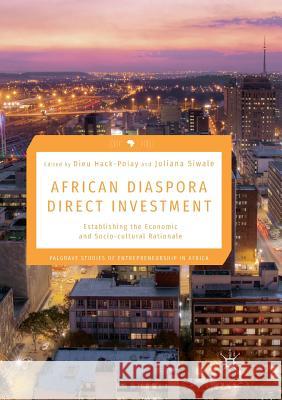African Diaspora Direct Investment: Establishing the Economic and Socio-Cultural Rationale » książka
topmenu
African Diaspora Direct Investment: Establishing the Economic and Socio-Cultural Rationale
ISBN-13: 9783030101510 / Angielski / Miękka / 2019 / 282 str.
Kategorie:
Kategorie BISAC:
Wydawca:
Palgrave MacMillan
Seria wydawnicza:
Język:
Angielski
ISBN-13:
9783030101510
Rok wydania:
2019
Wydanie:
Softcover Repri
Ilość stron:
282
Waga:
0.36 kg
Wymiary:
21.01 x 14.81 x 1.63
Oprawa:
Miękka
Wolumenów:
01











